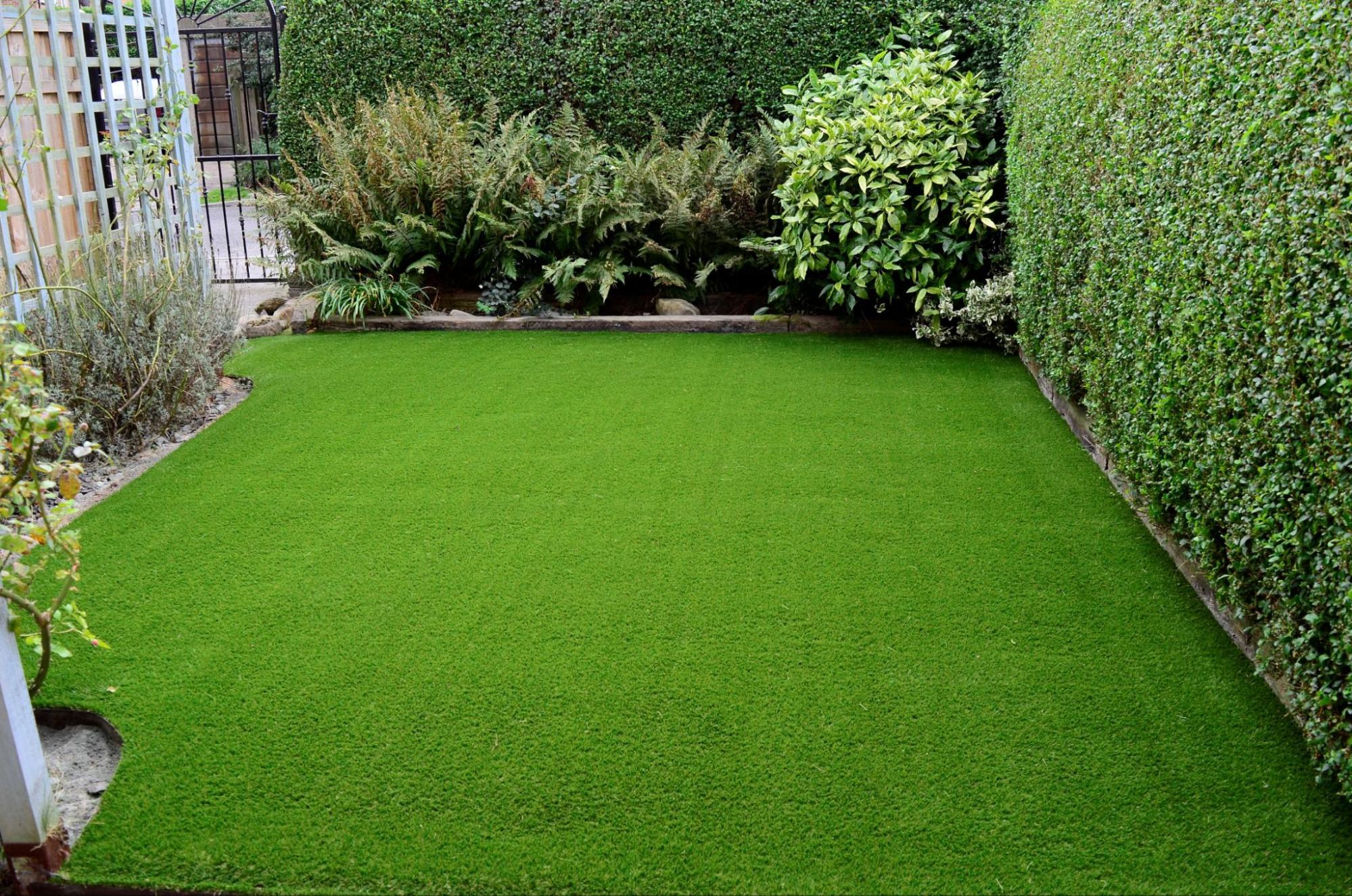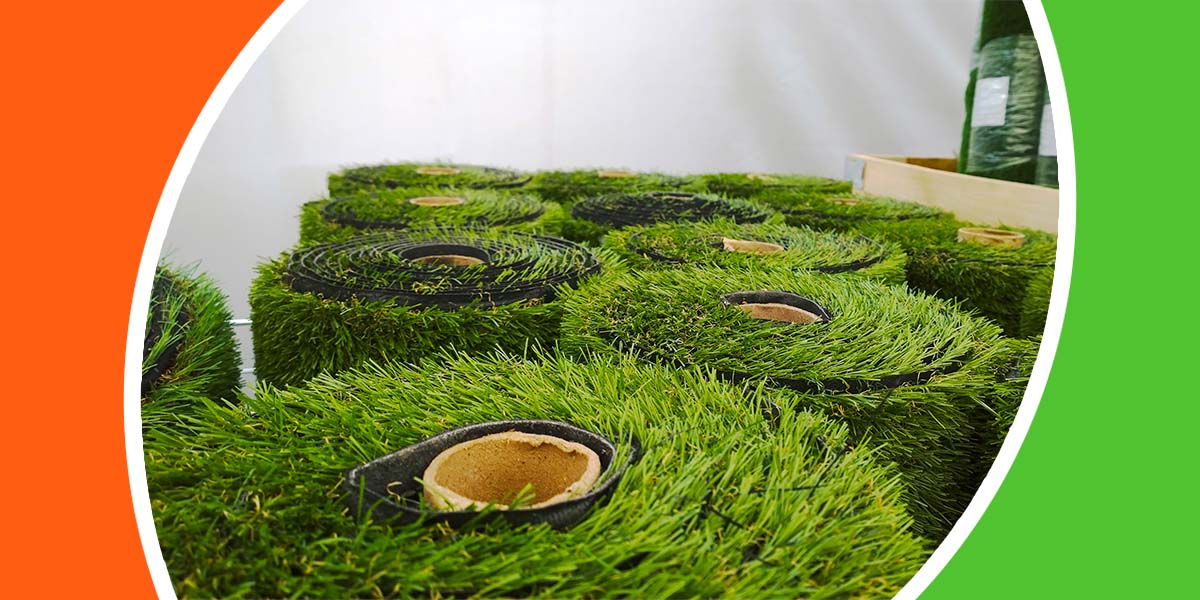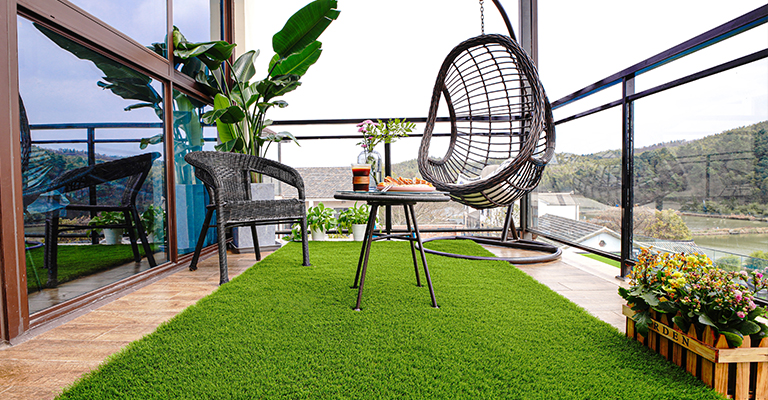Well-Known Artificial Turf Companies Phoenix for a Lush and Evergreen Lawn
Well-Known Artificial Turf Companies Phoenix for a Lush and Evergreen Lawn
Blog Article
Look Into the Environmental Conveniences of Opting for Artificial Lawn Solutions
The adoption of synthetic lawn options presents a compelling opportunity to deal with pressing ecological obstacles. By significantly minimizing water use and lessening the application of damaging chemicals, these choices not only promote sustainable landscape design but likewise secure neighborhood ecological communities.
Water Preservation Benefits
One of one of the most considerable advantages of fabricated grass is its capability to conserve water. Traditional grass yards require considerable watering, especially in locations susceptible to dry spell or water restrictions. In comparison, synthetic grass does not need watering, considerably decreasing the general demand for water sources. This feature is specifically helpful in arid regions where water deficiency is a pushing problem.
By removing the demand for regular watering, synthetic grass adds to sustainable landscape techniques and aids mitigate the ecological impact of too much water usage. Moreover, the conservation of water includes the reduction of drainage, which can result in dirt disintegration and river pollution.
Furthermore, the installment of synthetic grass permits property owners and districts to allocate water resources much more effectively, concentrating on necessary uses such as alcohol consumption water and agriculture. The shift in the direction of artificial turf not only advertises liable water use however likewise straightens with broader ecological goals focused on preserving natural deposits.
As areas increasingly focus on sustainability, the water preservation benefits of fabricated lawn present a compelling situation for its fostering in residential and industrial landscaping tasks.
Decreased Chemical Use
The change to synthetic grass dramatically decreases the reliance on chemical therapies typically made use of in all-natural turf maintenance. Conventional lawn management typically includes the application of fertilizers, pesticides, and herbicides to advertise development and control pests. These chemicals can pose risks to human health, regional wild animals, and the environment, contributing to dirt and water contamination.
On the other hand, synthetic grass eliminates the demand for these harmful compounds. Once installed, it requires very little upkeep, mainly containing regular cleaning and seldom infill replenishment. This decrease in chemical usage not only profits the immediate atmosphere however also adds to more comprehensive environmental stability. By lessening the release of synthetic substances into the ecosystem, synthetic grass advertises healthier dirt and water supply.
Furthermore, the lack of chemical runoff linked with fabricated lawn setups assists safeguard local waterways from contamination, supporting water life and keeping biodiversity. Artificial turf companies phoenix. As communities significantly prioritize lasting methods, going with synthetic grass presents a viable option that lines up with ecological conservation goals. With this shift, homeowner can appreciate lavish green areas without jeopardizing environmental health, leading the way for an extra lasting future
Lower Carbon Impact

Moreover, the installment of synthetic grass can result in substantial water preservation. All-natural lawns call for considerable quantities of water for watering, which not just contributes to the carbon footprint connected with water removal and treatment but likewise stress local water sources. In comparison, artificial lawn requires marginal maintenance, calling for no watering, thereby considerably reducing water usage and its associated energy costs.
In addition, the long life of synthetic grass adds to its decreased carbon influence. With a life-span of up to 15 years or more, the need for constant substitutes is reduced, causing much less waste and lower energy intake in production and taking care of traditional grass alternatives. In general, synthetic grass offers a sustainable alternative for eco mindful landscaping.
Environment Conservation
Environment preservation is a crucial consideration in the dispute over landscape design selections, especially when comparing fabricated lawn to all-natural turf. Natural grass lawns usually need substantial upkeep, including the usage of herbicides, chemicals, and fertilizers, which can negatively affect regional ecosystems. These chemicals can seep into the soil and waterways, harming indigenous vegetation and fauna and interfering with neighborhood habitats.
On the other hand, artificial grass provides an opportunity to lower the environmental footprint of landscaping. By deciding for artificial turf, property owners can decrease the disturbance of all-natural habitats connected with standard yard treatment techniques. Synthetic lawn gets rid of the need for harmful chemicals, therefore protecting nearby wildlife and keeping the integrity of surrounding communities. The setup of fabricated grass can lead to the conversion of previous lawn areas right into even more biodiverse landscapes, such as pollinator yards or indigenous plant areas, which can sustain neighborhood wild animals.
Eventually, the shift to synthetic grass not just saves water and decreases upkeep efforts but likewise promotes a look at this now more unified partnership in between human tasks and the natural surroundings, promoting environment preservation in the procedure.
Long-Term Sustainability
Lasting sustainability is an important consider assessing the advantages of synthetic grass over standard yard yards. Among the most significant benefits of synthetic grass is its resilience; it can last up to 15-20 years with minimal maintenance, whereas all-natural turf requires frequent reseeding and replacement. This durability minimizes the requirement for consistent resources, such as water, fertilizers, and chemicals, which are essential for maintaining a healthy yard lawn.
In addition, artificial turf adds to a decrease in carbon discharges related to grass care equipment. Traditional grass typically require gas-powered lawn mowers, leaners, and blowers, all of which add to air pollution. Artificial turf companies phoenix. On the other hand, man-made turf removes the demand for such tools, advertising a cleaner environment
Furthermore, the manufacturing of fabricated turf increasingly uses recycled materials, enhancing its sustainability account. As makers embrace green methods, the ecological footprint of man-made turf proceeds to decrease.

Final Thought
The fostering of synthetic grass options presents substantial ecological advantages, including significant water preservation, reduced dependence on unsafe chemicals, and a reduced carbon impact. Furthermore, artificial turf aids in preserving natural habitats by decreasing land disruption and promoting long-lasting sustainability via using long lasting products. Collectively, these elements highlight the capacity of synthetic grass to contribute favorably to environmental wellness and supply a practical option to typical landscaping practices in an increasingly resource-conscious globe.
In comparison, man-made lawn does not need watering, dramatically reducing the overall need for water resources. By reducing the launch of synthetic redirected here substances into the environment, man-made lawn promotes much healthier soil and water systems.
Additionally, the setup of synthetic turf can result in substantial water preservation. In comparison, fabricated lawn needs very little maintenance, requiring no watering, thus substantially decreasing water use and its connected energy expenses.

Report this page